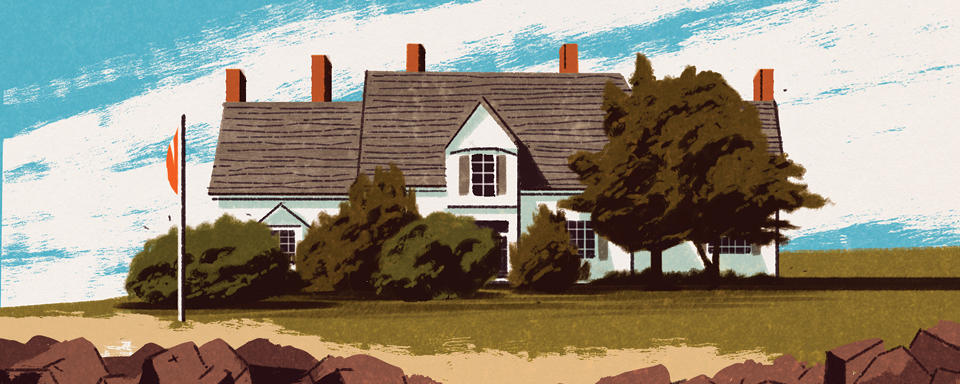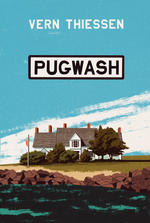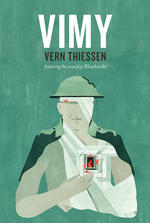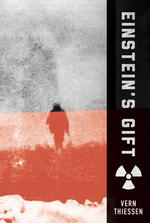
On chronicling history and the risk to humanity
An interview with Vern Thiessen on Pugwash
Vern Thiessen has written plays about war and world history before — from Einstein’s Gift to Vimy — but his most recently published play Pugwash brings his pen back onto Canadian soil.
In 1957, barely a decade after the first use of atomic bombs, the world was divided and fearful of the real threat of nuclear weaponry. In an effort to understand the devastating effects of radiation, leading scientists and academics were invited to a conference hosted by a philanthropist in the small town of Pugwash, Nova Scotia. In Pugwash, Vern chose to focus the point of view on two fictionalized local children rather than from the scientists themselves, thus providing a uniquely fresh and Canadian outlook on a relatively unknown slice of history.
In this Q&A, Vern discusses how Pugwash developed, his other work with historical events, and more.
It took over five years to write Pugwash. How did you originally think you would structure the story? How did you get to where it ended up?
I struggled a lot with this play, as it was a commission from the Ensemble Studio Theatre and the Alfred P. Sloan Foundation. Twenty-two scientists at a conference talking to each other means it's going to be a huge cast or told in a way that is highly theatrical. Normally, the focus would be on the scientists. I eventually decided to focus on the town and the children in it, because that's what was most interesting to me. All the other stuff is easy to find on the Internet.
A lot of research must have had to go into the play — what types of research did you do? What was something that really stood out to you?
The most interesting research I did was going to Pugwash and talking to the residents there who remembered that first conference. I interviewed over a dozen people who had great memories of the early days of the conference, and that was the research that was most vital for me.
Why was it important to structure the events that happen in Pugwash around two local children?
I remember reading To Kill a Mockingbird and A Child’s Christmas in Wales in the early parts of the writing and was reminded of how important it is to see major events through the eyes of the young. I also met two children while in Pugwash that had a profound effect on my writing. And again, interviewing the people who remembered the conference as children were primary in my passion for writing it.
You are no stranger to writing plays based on history. Do you have any future plans for past moments in time?
I am working on a lot of literary adaptations at present, like The Diviners and The Call of the Wild, which all involve history. But the main original work I am currently writing is about Canadian World War One nurses in France called Bluebirds.
What do you want people to take away from this play, especially considering our current global political landscape?
There are ways to kill the planet, and there are ways to kill humanity. Doing nothing about climate change will destroy our planet. And as long as nuclear weapons are around, there is always a risk that humanity will die immediately with the push of one or two buttons.





Comments